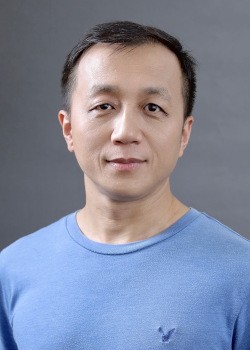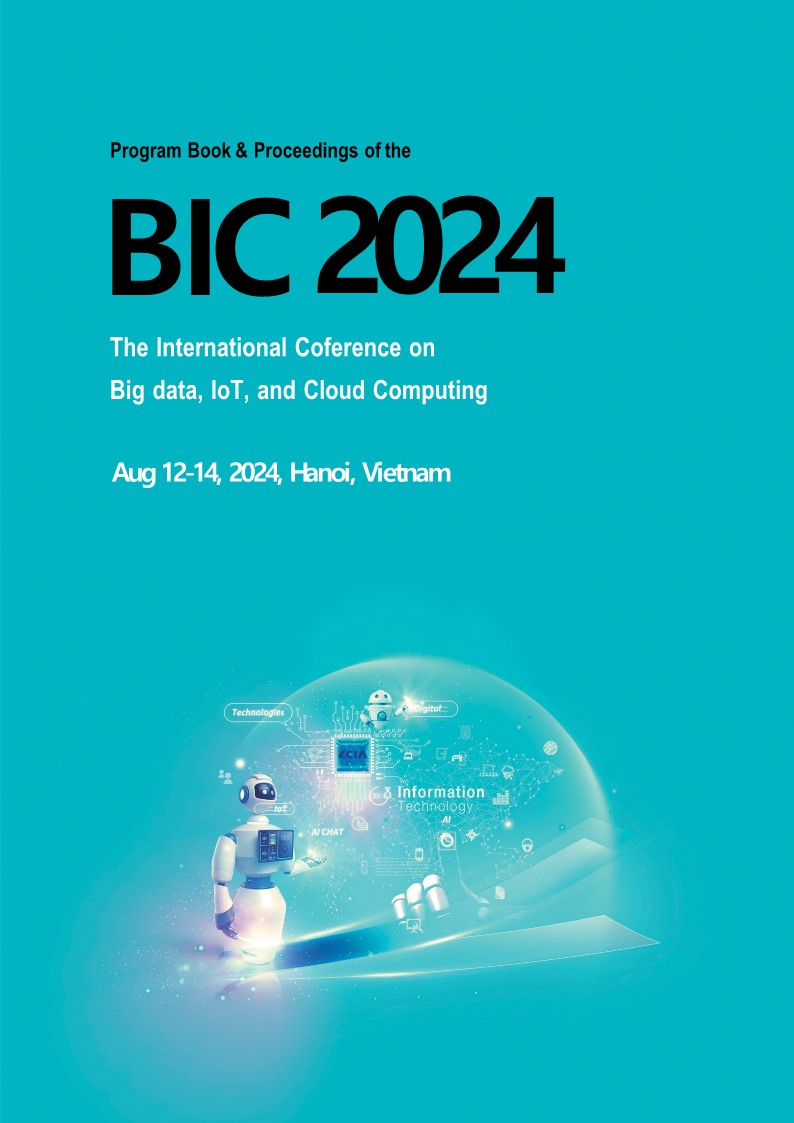 Invited Speaker
Invited Speaker

An Efficient Edge Computing Management Mechanism for Sustainable Smart Cities
Le Anh Ngoc
Ph.D. Info & Comm. Eng.
Director at the Swinburne Innovation Space
Swinburne University of Technology
Abstract:
Since ancient times, humanity has envisioned a world where people and things connect and interact. The advent of generation mobile systems, the so-called 5 G in the early century, has realized this dream. 5 G can provide network services with extremely-high throughput and extremely-low delay and allows a huge device number to connect based on Internet infrastructure, forming the Internet of Things (IoT). In recent years, IoT has been applied in various fields serving humanity, such as smart cities, smart agriculture, healthcare, education, military, and IoT ecosystems. One of the main challenges of IoT applications is computing solutions to reduce service response times. This talk will introduce an efficient edge computing management mechanism for IoT applications in smart cities. Our mechanism proposes a small database (called an information map) that allows edge computing servers of smart cities to store edge service information. When the mobile end-users move to the new edge server' managed coverage, properties related to the EC service are exchanged between the edge servers. The experiment results have shown that our proposed mechanism improves service response time and energy consumption many times compared to the traditional mechanism. We hope that this mechanism will be strongly applied to sustainable smart cities in the future.
Biography:
Dr. Le Anh Ngoc presently holds the position of Director at the Swinburne Innovation Space within Swinburne University of Technology in Vietnam. Concurrently, he leads the Intelligence Systems and Networks Research Group (ISN Group). His previous roles encompass Director of Development Program at Differentiated Automotive Platform (DAP) - FPT Global Automotive & Manufacturing, Vice-Dean of the Faculty of Electronics & Telecoms, Computer Engineering at EPU, and Head of the Communication Network Group at Vinh University's Information Technology Department. Dr. Ngoc has also served as a Researcher at the Telecommunications Networks Laboratory (TENET Lab), Kyungpook National University (KNU) in South Korea.
With a professional trajectory spanning over 25 years, Dr. Le Anh Ngoc has demonstrated expertise in training, research, innovation management, and technology transfer. His diverse research interests encompass Embedded and Intelligent Systems, Communication Networks, the Internet of Things, Image/Video Processing, and AI & Big Data Analysis.
Actively engaging in academia, Dr. Ngoc has contributed significantly to various academic events, assuming roles such as Keynote Speaker, Chair of International Conferences, Founder of the Swinburne Global Hackathon, TPC member, Session Chair, Book Editor, and Reviewer for international conferences and journals. Beyond academia, he serves as a Digital Transformation & IT Consultant/Specialist/Mentor for organizations like the Vietnam-Korea Businessmen and Investment Association (VKBIA), Vietnam - Korea Experts and Intellectuals Association (VKEIA), and Vietnam Innovation Network in Korea (VINK). Dr. Ngoc is accessible via email at nle@swin.edu.au.

OpenCV DNN on Embedded Systems
Shiqi Yu
PhD in Artificial Intelligence
Associate Professor at Department of Computer Science and Engineering
Southern University of Science and Technology, Shenzhen, China
Abstract:
In the evolving field of AI and computer vision, deploying deep learning models on embedded systems is crucial. This talk provides an overview of utilizing the OpenCV DNN module in resource-constrained environments. After a short introduction to OpenCV, the talk will cover the fundamentals of the OpenCV DNN module, focusing on deploying pre-trained models on devices like some low-cost ARM development boards with NPU. Attendees will learn the workflow for deploying models using OpenCV DNN, and learn to create innovative and efficient AI solutions with the help of OpenCV.
Biography:
Dr. Yu Shiqi is an Associate Professor at the Department of Computer Science and Engineering at the Southern University of Science and Technology (SUSTech). He received his Bachelor's degree in Computer Science and Technology from Chu Kochen Honors College, Zhejiang University in 2002 and his Ph.D. in Pattern Recognition and Intelligent Systems from the Institute of Automation, Chinese Academy of Sciences, in 2007. His main research areas include gait recognition and object detection. In the field of gait recognition, he created the CASIA-B gait database, which has been widely used in gait recognition, and the OpenGait open-source project, which has become a major algorithm evaluation framework. He has published almost 100 papers in gait recognition at IEEE TPAMI, IEEE TIFS, IEEE TBIOM, PR, CVPR, ECCV, IJCB, etc. In terms of object detection, his face detection algorithm was adopted by numerous enterprises. Additionally, he received the second prize of the Guangdong Provincial Science and Technology Award in 2021 for his work in remote sensing image processing. Dr. Shiqi Yu is also one of the board members of OpenCV Foundation, and is leading a development team for OpenCV.
















